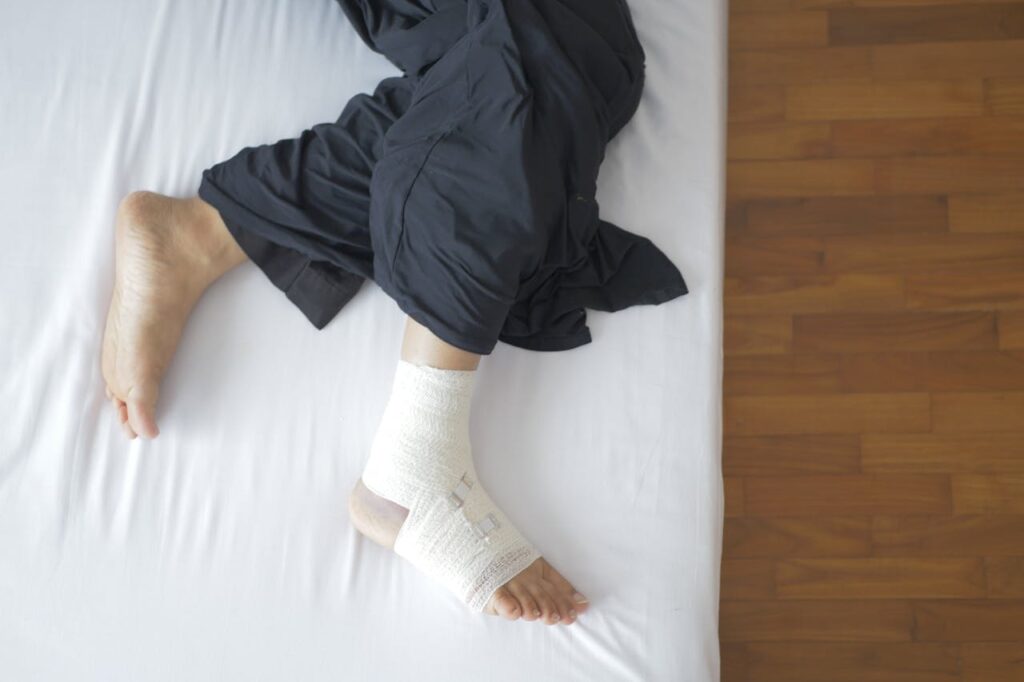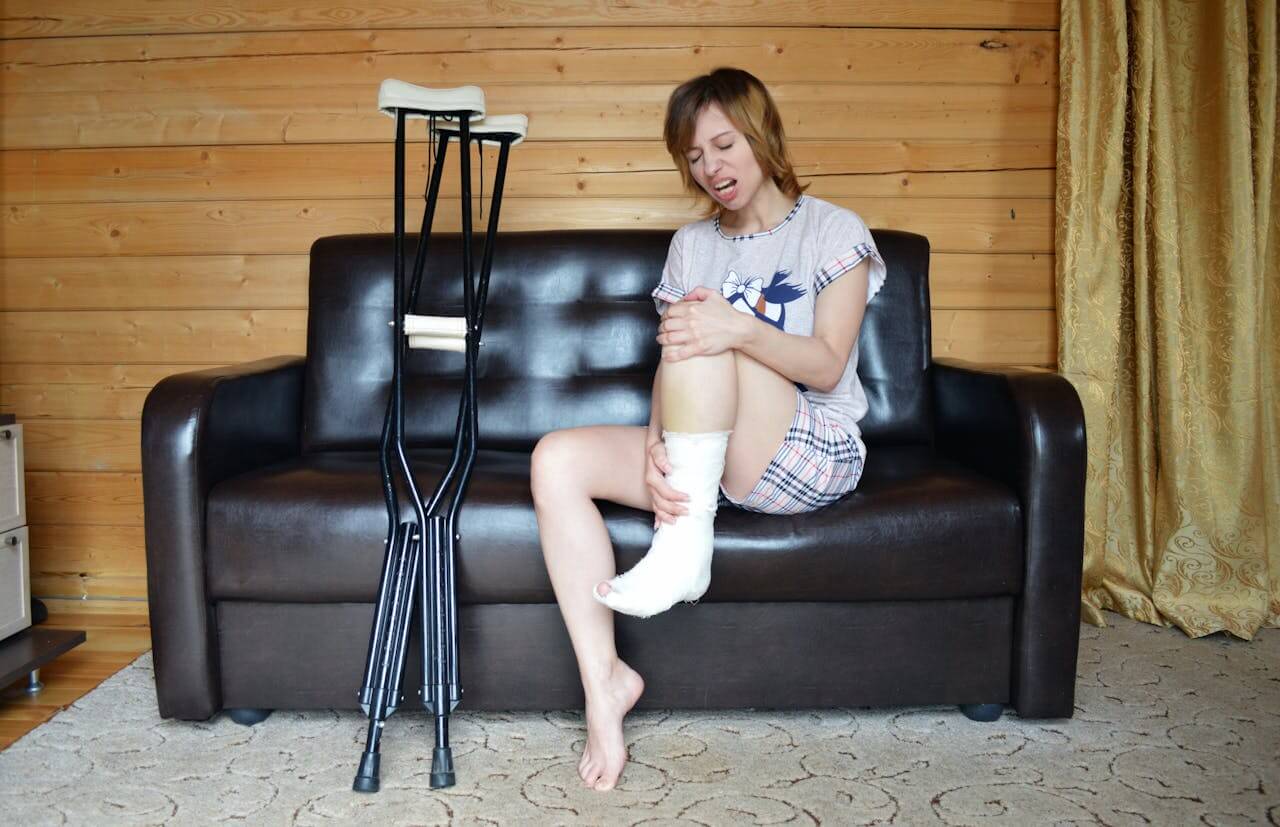In any personal injury case, the collection of evidence impacts the outcome. Without concrete evidence, proving negligence or fault becomes significantly challenging, potentially leaving the victim without the compensation they rightfully deserve. Evidence not only helps in establishing the facts of the case but also in quantifying the extent of damage or injury sustained. Therefore, understanding the types of evidence to gather and the methods of securing them is key for anyone involved in one of these cases.
Types of Evidence in Personal Injury Cases
In the realm of personal injury law, evidence can broadly be classified into several categories, each playing a distinct role in supporting the victim’s claim. Photographic or video evidence of the incident site can offer a visual illustration of the conditions leading to the injury, potentially indicating negligence. Medical records are paramount, providing a direct link between the incident and the injuries sustained, while witness statements can offer diverse perspectives on the event, further bolstering the claim. Additionally, personal diaries or journals documenting the victim’s pain and recovery process can serve as powerful emotional evidence, highlighting the incident’s impact on their daily life. Understanding and collecting these types of evidence can significantly influence the claim’s success.
The Role of a Personal Injury Lawyer
Getting a personal injury lawyer on your side is an important step for victims navigating the complexities of personal injury claims. A legal representative, such as the team at Kohan & Bablove injury attorneys, can expertly guide victims through the process of evidence collection, ensuring that no crucial detail is overlooked. A seasoned attorney not only provides expert legal guidance but also takes on the arduous task of gathering and analyzing evidence, ensuring all relevant facts are effectively presented.
They understand the intricacies of the law and utilize their expertise to advocate for the victim’s rights and make sure they get the highest payment possible. Additionally, they can negotiate with insurance companies, who often seek to minimize payouts, thus leveling the playing field. In essence, a personal injury lawyer acts as an invaluable ally, steering victims through legal proceedings with skill and dedication.
Building a Strong Case with Evidence
To establish a compelling personal injury case, it is crucial to meticulously collect and preserve each piece of evidence. This includes not only photographs of the incident scene but also detailed medical reports outlining the extent of the injuries sustained. Additionally, witness statements can provide valuable insights into the circumstances surrounding the incident, further reinforcing the narrative of the case. The thorough documentation serves as the foundation of the case, supporting the legal argument by clearly illustrating the direct link between the incident and the resulting harm. Victims need to comprehend that the strength of their case significantly hinges on the quality and quantity of evidence gathered throughout the investigative process.
The Significance of Medical Documentation
Undoubtedly, medical documentation plays a pivotal role as one of the most critical components of evidence in a personal injury case. Immediate medical evaluation and consistent follow-up care are imperative not only for the victim’s recovery but also for establishing a comprehensive record of injuries induced directly by the incident. This documentation should encompass every detail of the treatment administered, ranging from emergency medical procedures to diagnostic tests, surgical interventions, rehabilitative therapies, and any long-term care strategies. Such detailed records serve as a testament to the severity of the injuries sustained and their profound impact on the victim’s overall well-being and quality of life.
Witness Statements and Their Impact
The inclusion of witness statements is a crucial element that holds the power to significantly bolster the credibility and validity of a personal injury claim. Eyewitnesses who were present during the incident play a pivotal role in providing independent testimonies that not only corroborate the victim’s narrative of events but also serve to provide a clearer and more detailed picture of the circumstances leading up to the incident. These statements serve as a beacon of truth, shedding light on the sequence of events that transpired and potentially exposing any acts of negligence on the part of the opposing party involved. It is absolutely paramount for witnesses to promptly provide their accounts following the incident to ensure the accuracy, freshness, and reliability of their recollections. This proactive approach not only strengthens the evidential foundation of the case but also enhances the overall robustness and persuasiveness of the legal argument put forth on behalf of the injured party.
Utilizing Expert Testimonies
In more intricate personal injury cases where the details are complex and technical, relying on expert testimonies becomes crucial. These experts, with specializations in areas such as accident reconstruction, medical health, occupational therapy, forensic analysis, and psychological assessment, provide in-depth analyses to shed light on the incident and its impact on the victim’s life. Their professional insights not only strengthen the victim’s claim significantly but also provide a comprehensive understanding of the intricate nuances involved in the case, allowing for a more thorough evaluation and consideration of all aspects with the goal of achieving justice and rightful compensation.
The Challenge of Dealing with Insurers
Dealing with insurance companies, especially after a personal injury, can be very stressful. Insurers, driven by their interest in minimizing payouts, often employ tactics that can complicate and prolong the settlement process. They might dispute the severity of injuries, question the necessity of certain medical treatments, or argue about the circumstances leading to the accident.
It’s important for victims to have a lawyer on their side who knows what they’re doing when talking to insurance companies. A personal injury lawyer’s expertise in handling these discussions ensures that the victim receives fair compensation for their losses and suffering and that their rights are protected. When dealing with the intricacies of insurance policies and claims, a skilled attorney acts as a crucial advocate, challenging any unfounded assertions and standing firm against the pressures exerted by insurance companies.
The Importance of a Timely Claim
In the realm of personal injury law, the significance of timing cannot be overstated. Jurisdictions have specific statutes of limitations, which dictate the window within which a claim must be filed. Failing to initiate legal proceedings within this period can result in the permanent loss of the right to seek compensation.
Furthermore, timely action is beneficial as it allows for the collection of evidence while it’s still fresh and ensures that witness recollections are more accurate and reliable. Early engagement with a personal injury lawyer can vastly improve the management of the case, from evidence gathering to filing the claim within the legal timeframe. Essentially, swift action not only preserves the legal right to compensation but also enhances the prospects of a successful outcome in the personal injury claim.

The pursuit of justice in the arena of personal injury law hinges greatly upon the meticulous gathering, preservation, and presentation of evidence. From the initial collection of photographic and medical documentation to the strategic inclusion of witness and expert testimonies, each element plays a vital role in constructing a robust and persuasive case.
The professional help of an experienced personal injury lawyer becomes indispensable, not only in navigating the complexities of legal proceedings but also in ensuring the victim’s story is compellingly told and rightfully compensated. Victims must act promptly, leveraging the expertise of legal professionals and adhering to the critical timelines dictated by statutes of limitations. Ultimately, the outcome of a personal injury case is a reflection of the dedication to securing the evidence that underpins the quest for justice and compensation.








